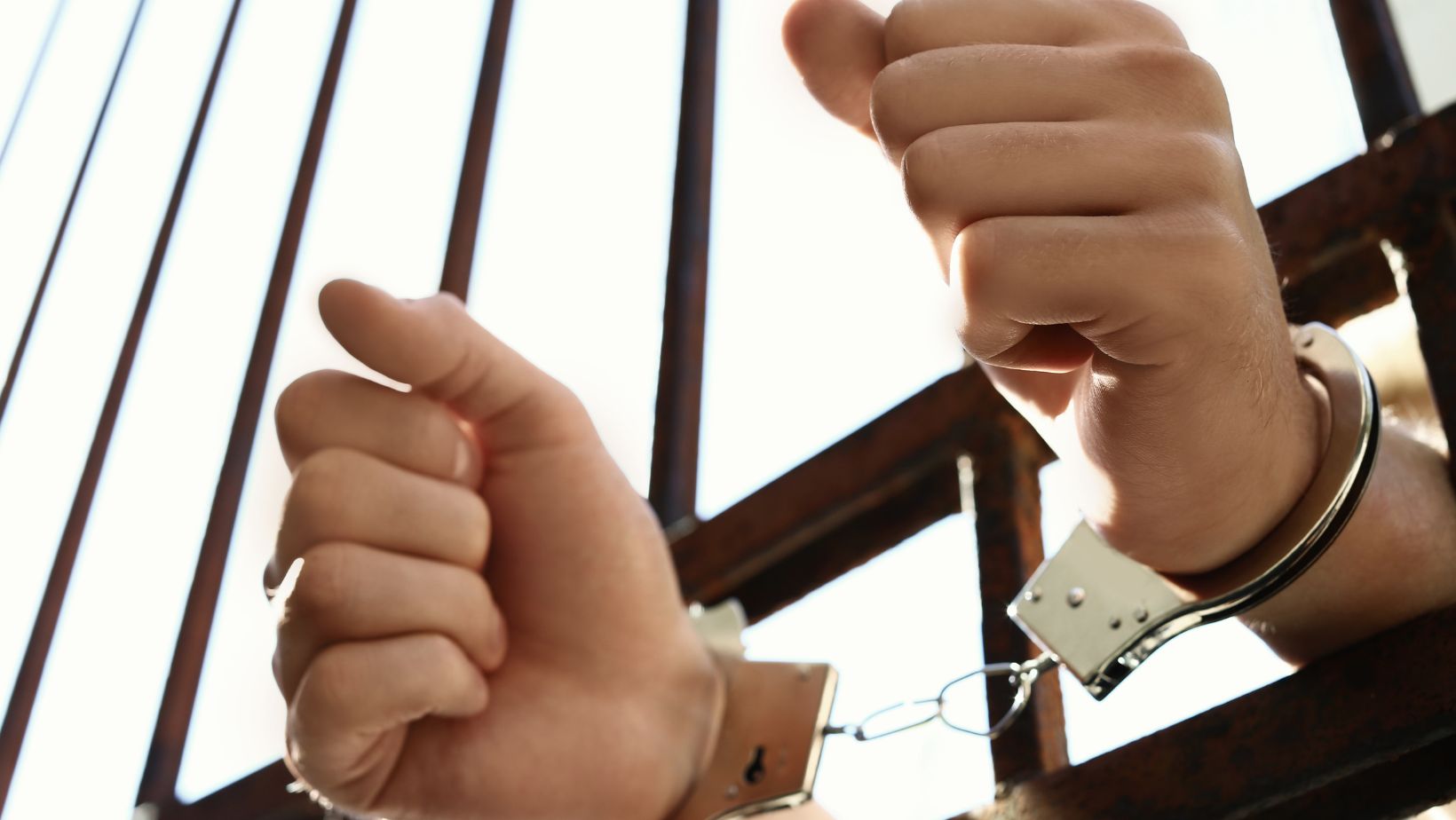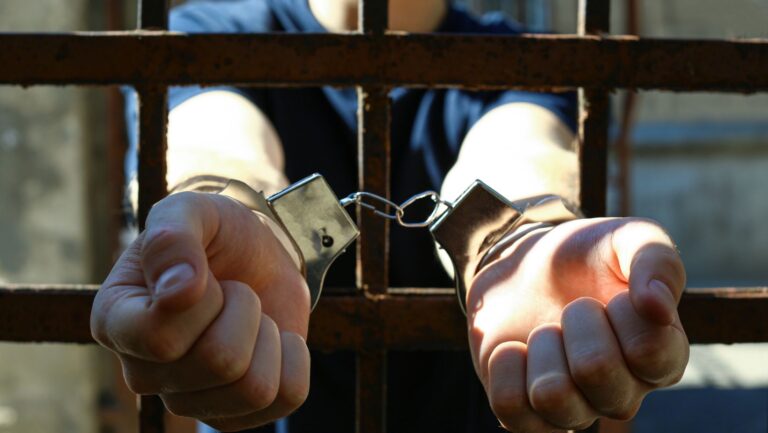Last Updated on October 6, 2023 by pm_author_91ksj
How Long Can Police Hold You Without a Phone Call
When it comes to being detained by the police, one question that often arises is how long they can hold you without allowing you to make a phone call. It’s a valid concern, as communication with the outside world is crucial in such situations. The answer, however, can vary depending on different factors.
In the United States, individuals who are arrested generally have the right to make a phone call within a reasonable time after their arrest. This right stems from the Miranda warning, which states that “you have the right to remain silent” and “you have the right to an attorney.” While there is no specific timeframe mentioned, courts have generally interpreted this as meaning that detainees should be granted access to a phone within a few hours of being arrested.
However, it’s important to note that there are exceptions to this general rule. In certain circumstances where public safety or national security is at risk, law enforcement may delay or limit access to a phone call. Additionally, if you are held under federal jurisdiction rather than state jurisdiction, different rules may apply. Ultimately, consulting with an attorney who specializes in criminal law would provide more accurate and specific information based on your particular situation.
Remember that understanding your rights during an arrest is essential for protecting yourself and ensuring fair treatment. While it’s unfortunate when faced with such situations, knowing what actions you can take will help you navigate through them more confidently.

The Importance of a Phone Call: Know Your Rights
When it comes to our rights, knowing what we are entitled to is crucial. This holds especially true in situations where our freedom may be at stake, such as when dealing with law enforcement. One essential aspect of our rights that often gets overlooked is the right to make a phone call during police detainment or arrest.
In times of distress or uncertainty, being able to reach out to someone for support can provide a sense of relief and reassurance. A phone call allows us to inform loved ones about our situation, seek legal advice, or even arrange for bail if necessary. It serves as a lifeline that connects us to the outside world and helps ensure that we are not left isolated during this challenging time.
However, there have been instances where individuals were held by police without being granted their right to make a phone call promptly. While laws regarding this issue may vary from jurisdiction to jurisdiction, it’s important for everyone to understand their rights in order to protect themselves.
Knowing your rights empowers you with the knowledge needed to assert them confidently. If you find yourself in a situation where you believe your right to make a phone call is being denied, it’s advisable not to argue directly with law enforcement but rather calmly assert your rights by stating something like “I am aware of my right to make a phone call.”
Being aware of your rights can also help prevent potential abuse or misconduct from occurring. By exercising your right responsibly and advocating for yourself within legal boundaries, you can help ensure fair treatment throughout any encounters with law enforcement.
Remember, each jurisdiction may have its own specific guidelines regarding how long police can hold you without providing access to a phone call. It’s crucial always to consult local laws and regulations for accurate information relevant to your location.
As citizens concerned about justice and human rights, it is essential that we educate ourselves on our fundamental entitlements under the law. Understanding the importance of a phone call and knowing our rights in these situations is not only essential but also empowers us to protect ourselves and advocate for fairness.




